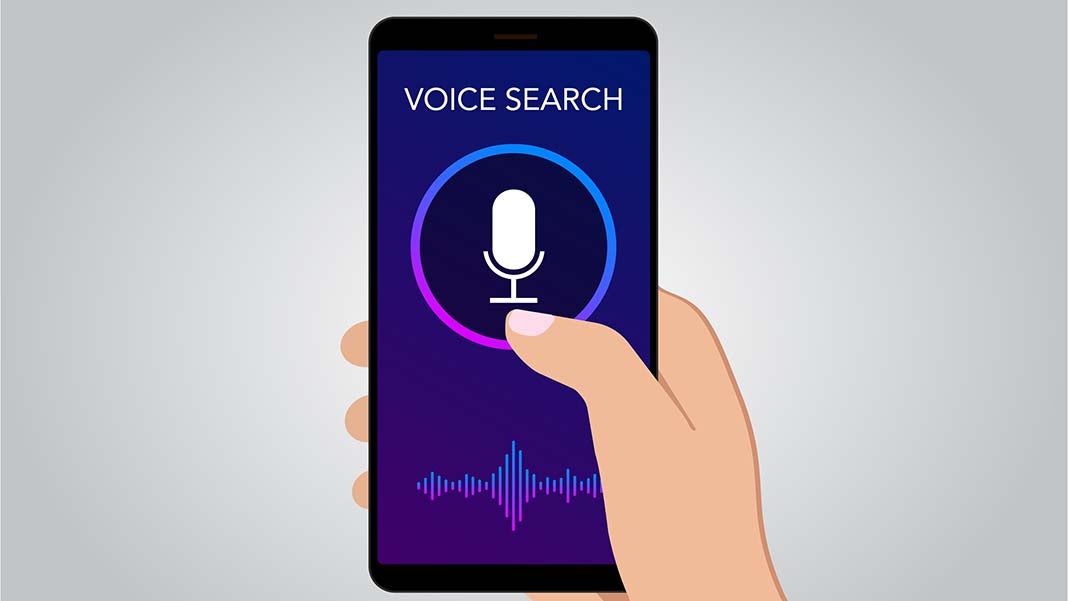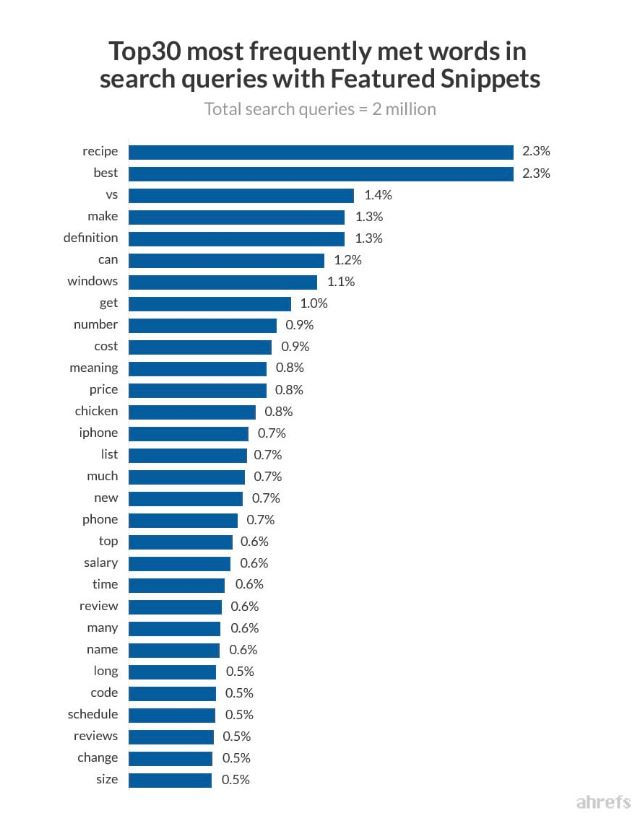SEO Factors Most Important to Voice Search

A Semrush study sheds light on the SEO factors most important in voice search results.
As we, and virtually every other SEO agency in the world has been proclaiming, voice search is going to have a huge impact on the way people find products and services on the internet in the not distant future. A question that has boggled the mind of many experts is exactly what SEO factors Google and other search engines will look for when responding to a voice driven query. The Semrush study tried to answer that question.
Among the findings in the study.
- Almost 80% of the answers came from the top 3 results on a SERP (Search Engine Results Page).
- 60% of answers returned a Featured Snippet result and almost 70% returned an answer found in a SERP.
- Text length for the answers were virtually the same at 41 words, regardless of device. Text was simple and understandable.
- Page speed was very important across all devices. Somewhat surprisingly, the presence of an SSL certificate did not seem to make a difference.
- Well linked pages seemed to be favored.
There are a lot of voice activated devices available to households and businesses today. And people are using them. By 2020 voice search will account for 50% of all searches and it’s predicted that 30% of searches will be from devices that don’t even have a screen.
With all this is mind, here are six must do tasks to make sure your business/website/content is the response to a voice search query.
1. Featured Snippet
Featured snippets are content that Google shows at the top or a search result or the right side of a search page. Optimizing a featured snippet is an article by itself here are a couple things to remember.
First, you need to optimize for words that trigger a featured snippet. Ahrefs.com did a study and found the following 30 keywords triggered a Featured snippet in search results.
Beyond that, doing the usual on-page SEO tasks will help. Finally, if you’re trying to answer a specific question, which you are, be as concise as possible. Recall the 41-word limit discussed earlier. Keep within that guideline with your answer.
2. Use long tail keywords
People who perform a voice search are looking for a specific answer. Using long tail keywords help you become the answer of choice to such a query. One tip that will help you is to use the “People Also Ask” section you see at the top of search results. This will help you zero in on the most searched terms.
3. Be fast – Site speed may be the SEO factor most important in a voice search
Remember from earlier that page speed was a big factor for voice search results. Using Page Speed Insights, determine if your site passes the speed test and learn what you must do to speed it up.
4. Structured data is your friend. Use it.
Creating engaging, relevant content is a given for any kind of SEO but for voice search structured data helps Google understand what’s important about your page. Structured data or schema mark up language doesn’t directly help with your rankings but by helping Google understand the content of your page does help with voice search. A good tutorial on structured data can be found here.
5. “Near Me.” Figure out how to use it.
This is where an active Google My Business (GMB) page helps. Make sure your NAP (name, address and phone number) are correct on your GMB page. Ensure Google has you placed in the right category. Use authentic pictures rather than stock images. Get positive reviews.
On site, list local events and non-profit organizations you support. It will help Google understand you’re in the neighborhood. Remember to geo code your images.
When considering SEO factors most important in voice search you need to consider other search engines besides Google. Since Amazon is going to control a significant version of voice search traffic, optimizing your products, if you sell them, on Amazon would be a worthwhile step. Optimizing your YouTube videos is worth the time too. A short tutorial on each can be found here.













